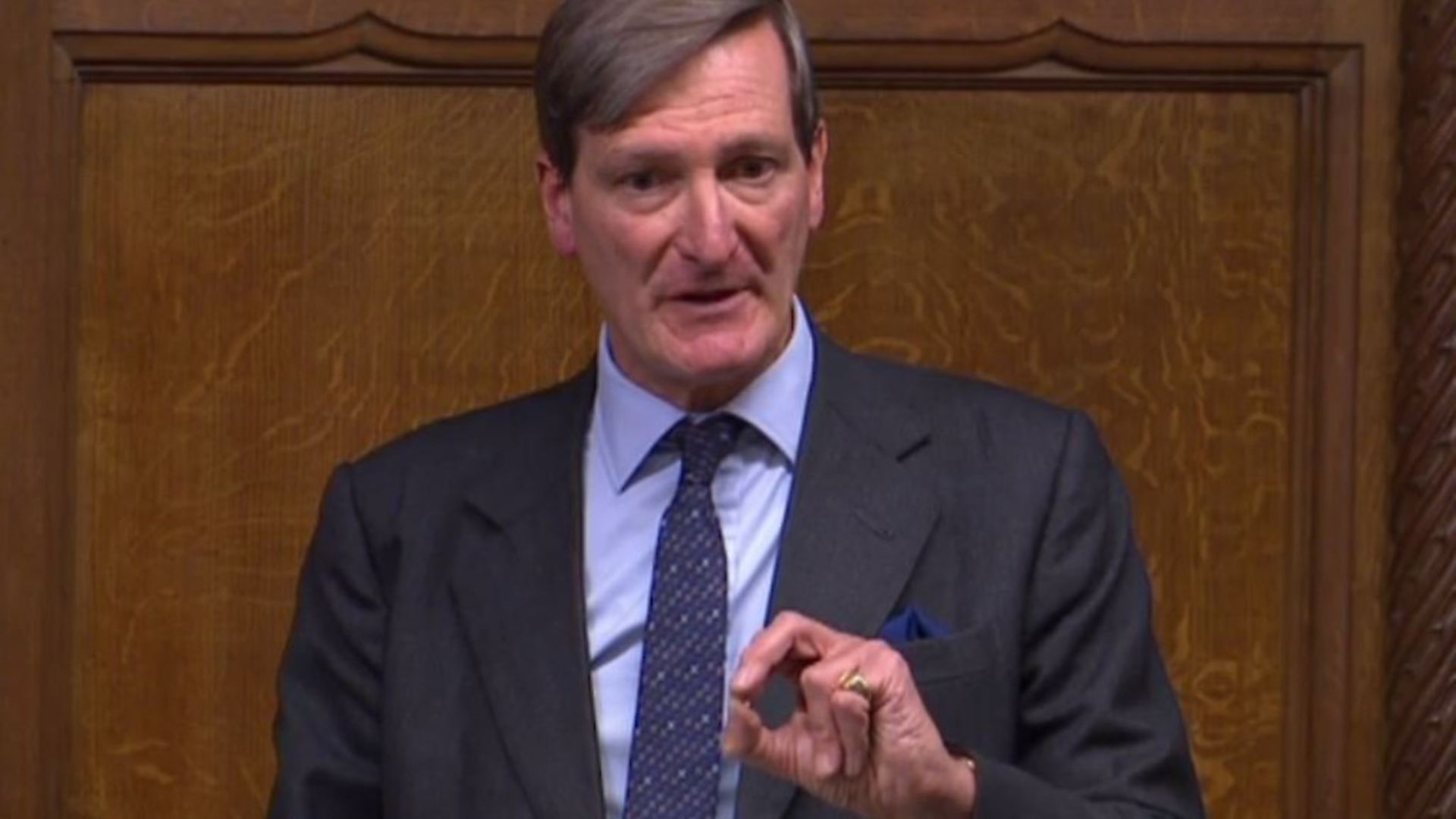
The government has refused to provide Dominic Grieve with private communications between ministers and advisers over the government’s ‘unlawful’ plans to prorogue parliament.
Former attorney general Dominic Grieve’s had demanded for all written and electronic contact about the temporary suspension of parliament and the Operation Yellowhammer documents since July 23 to be released.
It was approved by MPs by 311 votes to 302 on Monday evening.
While a summary of the Yellowhammer documentation was provided, it refused to comply with the motion over the release of private communications.
His motion asked for all correspondence and communications, formal or informal, including WhatsApp, Telegram, Signal, Facebook Messenger, private email accounts, text messages, iMessage and official and personal mobile phones connected to the present government since July 23 relating to prorogation.
It listed key individuals of Boris Johnson’s government, including senior adviser Dominic Cummings and director of legislative affairs Nikki da Costa.
Chancellor of the Duchy of Lancaster Michael Gove, who is in charge of no-deal planning, wrote to Grieve saying this was “unprecedented use of the… procedure”.
The letter says: “The motion appears to direct the government to carry out searches that could only be discharged by breaching the legal framework set by Parliament itself, whether the Investigatory Powers Act 2016, the Human Rights Act 1998 implementing the European Convention on Human Rights, or the Data Protection Act 2018.
“Such action would contravene the statutory obligations on the Civil Service under the Constitutional Reform and Governance Act 2010 to observe the rule of law. That cannot be set aside by a resolution of the House of Commons.
“Where the Humble Address procedure has been used previously, it has been to request ministers to provide specific documents. The procedure has not been, nor should it be, used to purport to place obligations on civil servants, or to seek to understand the private views of those individuals.
“Ministers, not civil servants, are the decision makers. They are accountable, both in parliament and to the electorate, for the decisions taken. This address is therefore inappropriate in principle and in practice, would on its own terms purport to require the government to contravene the law, and is singularly unfair to the named individuals.”
Scotland’s highest civil court ruled that the plans by Johnson’s government were “unlawful” – a decision that will be appealed by the government.









